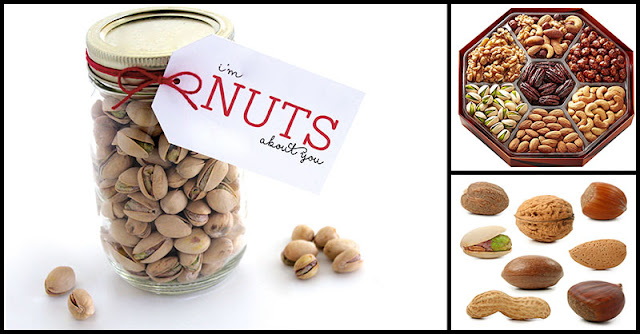According to data from the Harvard Nurse’s Study, people who used to eat nuts in their adolescence may have a better chance of fighting off breast cancer in later life.
Health Benefits Of Nuts
Generally, nuts are extremely beneficial to our health. Doctors and health articles are encouraging us to eat more nuts for years. Some of the benefits you can obtain from eating nuts are the following:
- Packed with essential nutrients like fiber that is good for digestion, proteins that keep blood sugar stable, antioxidants that fight free radicals, minerals, and monounsaturated and polyunsaturated fatty acids (healthy fats)
- Promotes heart health
- Helps control weight
- Lower risk of mortality
- Increased cognitive function
- Prevents the development of Alzheimer’s disease
- Reduces your risk of developing chronic diseases, such as diabetes, respiratory disease, and neurodegenerative disease
- Lowers bad cholesterol
In a follow-up study involving the daughters of the nurses, the findings were validated. It was found that those who consumed more peanut butter, nuts, corn, beans, and lentils have just a fraction of the risk for fibrocystic breast disease, which places one at higher risk of cancer. Its protective effects were strongest for those most at risk, just like those with a family history of breast cancer.
Moreover, in a study out of the British Journal of Cancer, researchers found that consuming even two handfuls of nuts a week may possibly protect a person against pancreatic cancer, which is one of the most fatal malignancies.
Nuts are considered to be nutritionally precious. This explains the mechanism by which nut components can induce cancer cell death and inhibit cancer growth and spread in vitro. But, how will we know if which of the nuts work the best?
For vegetables, two classes are known to be most effective when it comes to suppressing breast cancer cell growth – the broccoli family vegetables and the garlic family vegetables. On the other hand, lemons and cranberries have taken the title when it comes to fruits.
What About Nuts?
Pecans and walnuts steal the show in terms of antioxidant content. Twenty-five walnuts have the antioxidant equivalent of eight grams of vitamin C (the vitamin C found in a hundred oranges).
But How Do They Do Against Cancer?
Below is a video wherein you can see a graph of hundred cancer cell proliferation versus increasing concentrations of the ten most common nuts eaten in the United States. If you drip water on these cancer cells as a control, nothing happens.
Pistachios, Brazil, and hazelnuts don’t do much better. Cashews, macadamias, and pine nuts start pulling away from the pack. Almonds are twice as protective, having cancer cell growth at only half the dose as cashews, macadamias, and pine nuts. Lastly, peanuts, walnuts, and pecan in just tiny doses have caused a dramatic drop in cancer proliferation.









